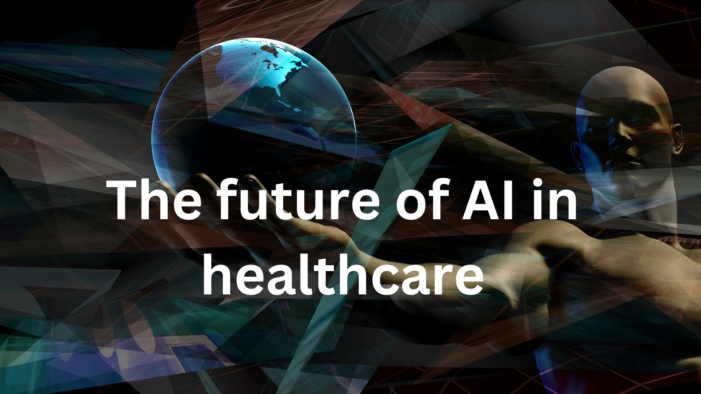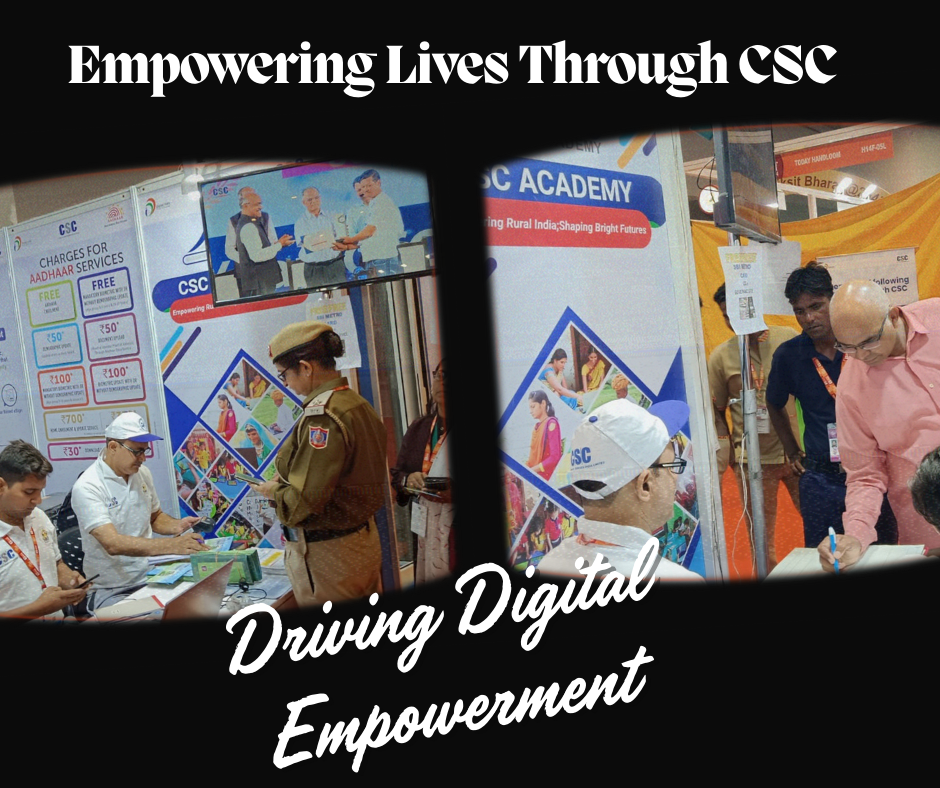ICTpost eHealth Team
The emergence of artificial intelligence (AI) in healthcare has been groundbreaking, reshaping the way we diagnose, treat and monitor patients. This technology is drastically improving healthcare research and outcomes by producing more accurate diagnoses and enabling more personalized treatments.
By leveraging artificial intelligence in hospital settings and clinics, healthcare systems can become smarter, faster, and more efficient in providing care to millions of people worldwide specially in India like developing nations. So let’s take a look at 10 examples where AI has started to transform healthcare.
#1 Predictive Analytics: AI is being used to analyze large datasets to predict disease outbreaks, patient admissions, and more. This helps healthcare providers prepare and allocate resources more effectively.
AI has the potential to highly optimize patient pathways and even benefit nurses too. HCA Healthcare developed a predictive algorithm called Sepsis Prediction and Optimization of Therapy. It can continuously monitor patient data in hospitals to identify potentially impending sepsis cases. The algorithm is able to detect sepsis six hours earlier than clinicians, enabling the healthcare system to cut sepsis mortality rates by nearly 30%.
#2. Breast cancer detection- Breast cancer is the most prevalent cancer diagnosis for women. But deep learning models aiming to find early signs of the disease have been around for a good number of years now.
AI can detect Breast Cancer effectively as experienced radiologists, according to a study published in Lancet that some experts are calling a game changer for the field of oncology. The emerging technology could cut radiologists’ workload by about half, freeing them for more advanced diagnostic work.
#3. Drug discovery-Advanced algorithms could fundamentally alter the traditional process of designing drugs too. AI could make drug development much cheaper and more effective by shortening the drug production cycle, and helping out the pharmaceutical industry in finding new drugs without burdening clinical trials and accumulating costs. According to some estimates, it takes about 12 years and close to 3 billion dollars for one single experimental drug to advance from concept to market. Recently, an advanced machine-learning program from Alphabet’s DeepMind has revealed 200 million proteins. This could speed the search for new medicines. In January 2023, AbSci became the first entity “to create and validate de novo antibodies in silico” using generative AI.
#4. Personalized Medicine: AI is enabling the development of tailored treatment plans based on an individual’s genetic makeup and medical history. This can lead to more effective treatments with fewer side effects.
#5. Stroke Detection- The implementation of automated software to detect large vessel occlusion (LVO) from computed tomography (CT) angiograms to improve endovascular stroke therapy workflows. The use of artificial intelligence (AI) in the diagnosis of various medical conditions using CT images is being extensively explored. Thus, using automated AI-based methods for LVO screening of CT angiograms of patients presenting with possible AIS could reduce the time between assessment and endovascular thrombectomy.
#6. Wearable devices- Epilepsy is the most common neurological problem, following migraine, stroke and Alzheimer’s disease. The use of AI based wristband with routine clinical electroencephalograms (EEGs) is able to achieve diagnostic accuracy in detecting and identifying epilepsy readings, similar to that of human experts.
#7. Skin-checking apps-Skin-checking applications allow users to take pictures of their suspicious skin lesions, upload these pictures, and get the images evaluated by an A.I. algorithm. These algorithms work by comparing user images to vast databases, coming up with a preliminary diagnosis in just a few seconds. While dermatologists are still absolutely required for confirmed diagnoses, these applications are highly accurate and can detect skin lesions that could’ve been missed by the traditional healthcare process.
#8.Remote Patient Monitoring: IoT devices and AI are used to monitor patients’ health remotely. This is especially valuable for chronic disease management, as it allows for real-time data collection.
#9. Cybersecurity: With the increasing use of AI in healthcare, there’s a growing need for robust cybersecurity to protect patient data and AI systems from cyber threats.
In 2017, the targeted ransomware campaign WannaCry crippled parts of the UK’s National Health Service for days on end, and in 2019, a malicious insider leaked the personal data of thousands of HIV patients in Singapore. In the age of IoT, a multitude of devices–including medical equipment such as ‘smart’ pacemakers and insulin pumps–are now increasingly hooked up to the Internet. These same devices are often the most vulnerable interaction. They can provide information, schedule appointments, and even offer basic medical advice.
#10. Virtual Health Assistants: AI-driven chatbots and virtual assistants are becoming more common.
editor@ictpost.com








